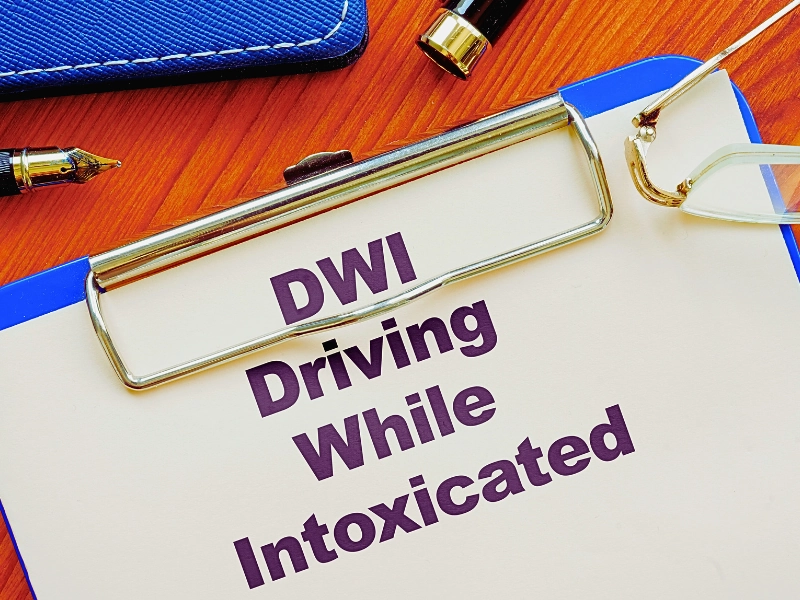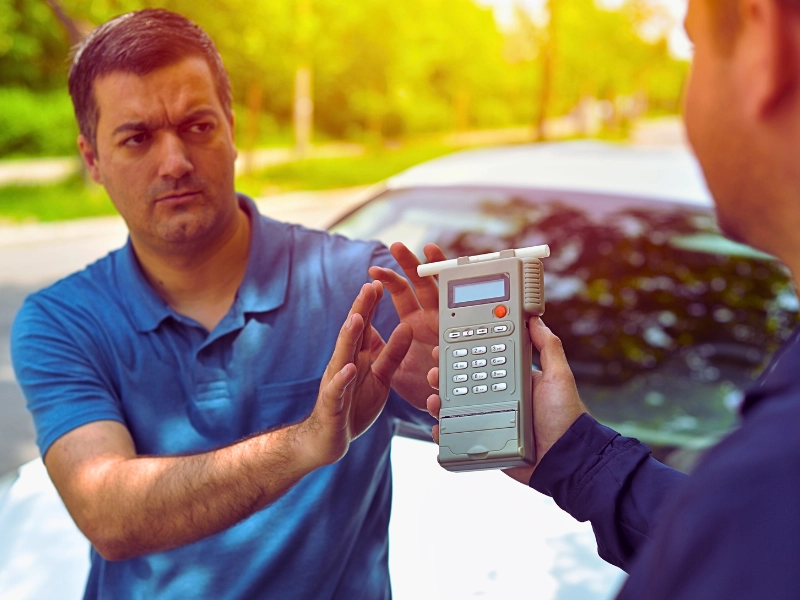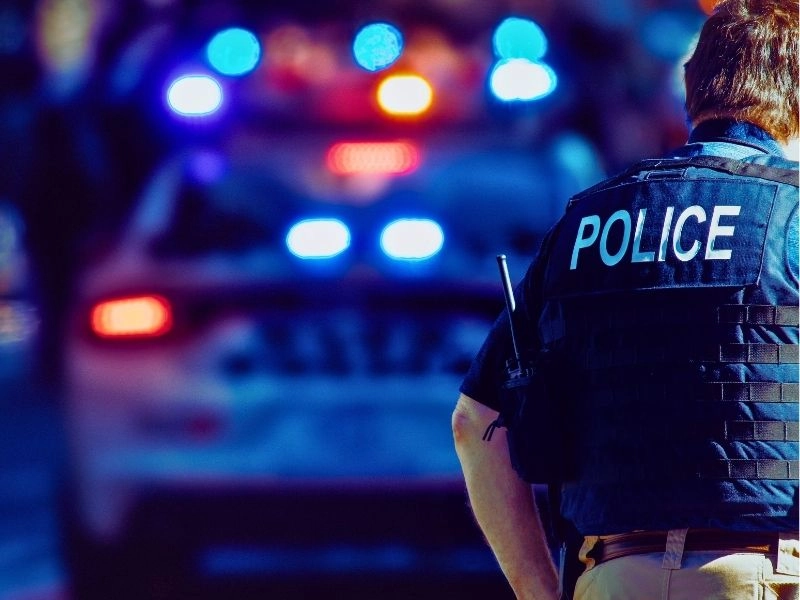Commercial motor vehicle drivers arrested or charged with driving while impaired (DWI) may need to know how a DWI affects CDL holders in Minnesota. You will lose your Commercial Driver’s License (CDL) for at least a year if you are convicted of DWI for the first time, and forever after a second conviction. The consequences go beyond the immediate legal implications of a DWI conviction. A CDL suspension or revocation will lead to job loss, difficulty finding employment, and serious financial challenges.









